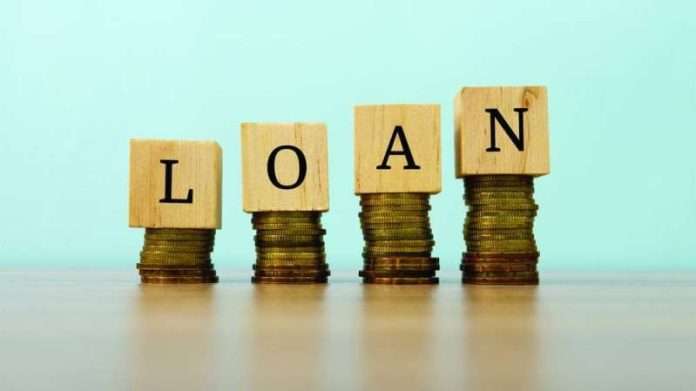The loan growth in Kuwait is expected to be strong for the current and next years, since credit growth in October was 8.6 percent on an annual basis, which is higher than its expectations, which prompted it to raise its expectations for 2022 from 7 percent on an annual basis to 8.1 percent according to Fitch Solutions.
Fitch’s new forecasts, according to a local Arabic daily, indicate that after a 2.2 percent contraction on an annual basis in 2021, Kuwaiti credit growth will expand at its fastest pace since 2008, noting that credit growth had accelerated in the first ten months of 2022, and the fastest growth came against the backdrop of reopening the economy, and strong demand from the oil and gas sector, the state has revived projects to boost oil production.
For the next year, Fitch Solutions expects credit growth to decline to 5.1 percent year on year for 3 reasons:
— The direct primary effects from the reopening of the economy in 2022 indicate that the levels of credit growth for this year will not be repeated.
— The slowdown in oil production growth due to the extension of OPEC+ supply cuts will weaken the demand for credit from the oil and gas sector.
— The prolonged period of tightening monetary policy due to the cycle of raising the discount rate by the Central Bank of Kuwait will also affect credit growth, despite the widespread use of a fixed-interest lending policy in the country.
However, the agency believes that credit growth in 2023 will remain above the 2010-2019 average of 4.1 percent, mainly due to increased government spending as a result of continued high oil prices.
Fitch Solutions stated that for most of 2022, government spending remained limited due to the lack of a budget, noting that, however, the approval of the budget for the fiscal year 2022/2023 and the possible postponement of the budget for the fiscal year 2023/2024 will allow the government to use high oil revenues to support the economy.
This will stimulate loan demand through 3 main channels:
— Real wage recovery: the government will continue to increase public sector wages, which, along with lower inflation from an average of 3.9 percent in 2022 to an average of 1.8 percent in 2023, will add firepower to debt-driven consumer spending.
— New job opportunities: the rise in public investment spending will open up opportunities and projects for government-related entities and the private sector, especially in the contracting and financial sectors, which will boost the demand for corporate loans.
— The labor market: higher government spending will support business expansion, which will create positive indirect effects on the labor market. It is likely to lead to steady progress in implementing the Kuwaitization program and will have a positive impact on credit-based spending.
In the same context, Fitch Solutions believes that there are two additional factors that will support loan growth in 2023. On the demand side, the structural problems of the Kuwait Stock Exchange, exacerbated by numerous writedowns over the past 5 years and the lack of initial public offerings, indicate that companies will have limited options apart from bank loans for financing.
On the supply side, the country’s healthy fiscal and external situation against the background of high oil prices is likely to lead to a delay in approving the debt law, which means that banks will need to resort to loans as a main source of income.
With regard to liabilities, the agency believes that deposit growth will remain higher than its historical average, noting that after a contraction of 14.7 percent on an annual basis in 2021, deposits recovered strongly in the first ten months of 2022, as this is due to the rise in oil revenues, which led to a sharp increase in government deposits, and mitigated the escalating level of inflation that caused income erosion.
In its outlook for the coming period, Fitch Solutions expects that lower oil prices and inflation will lead to a slight decline in deposit growth only from 5.8 percent year-on-year in 2022 to 5.2 percent in 2023. However, growth will remain higher than the 2015-2019 average of 4.3 percent.

















